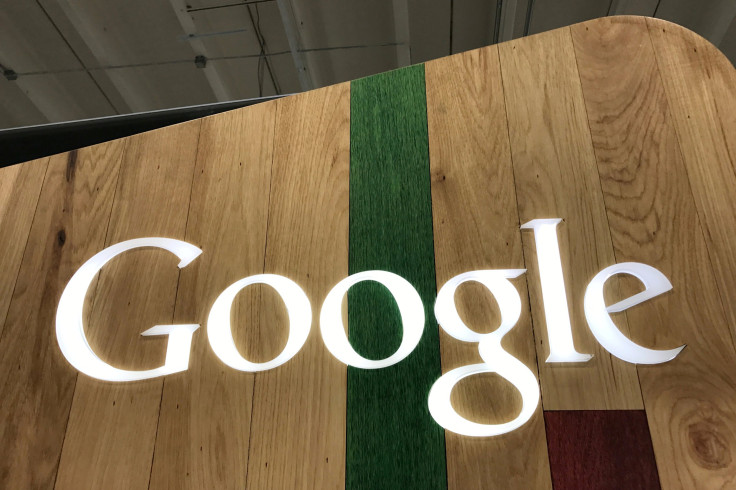Google Lens vs. Bixby Vision: Visual Analysis Apps For Easy Web Search

Google Lens was announced at the Google I/O 2017 in May and has been slowly gaining steam since then. The app has the ability to identify songs and now can also recognize objects in a smartphone camera’s field of vision.
Google seems to have taken a page from Samsung’s book — the feature is pretty similar to the company’s Bixby Vision, which was launched in August. Both applications use augmented reality algorithms to detect objects in a smartphone camera’s range of vision.
However, Samsung’s execution of Bixby Vision has been flawed at best. The company did not launch the feature on the Samsung Galaxy S8 in April, when the smartphone was unveiled. Once the device was launched in August, it already had two voice assistants in the form of Bixby and Google Assistant. Since the Google Assistant is connected to Google search, Bixby faded into the background. Just like what happened with S-Voice and OK, Google on previous Galaxy smartphones, Bixby Vision became a much less used app and thereby its fate was also sealed.
Now that Google has launched the Google Assistant capability on the Google Lens, Bixby Vision seems to be even more unnecessary.
But, if you own a Samsung Galaxy S8 or Note 8, would you still consider using Bixby Vision or would you rather go for Google Lens?
Maybe, Bixby Vision should not be written off so soon. It has some applications that can actually be used for everyday activities:
- You can shop using Bixby Vision on Amazon by pointing at objects.
- You can look at paintings and search for similar images on Pinterest.
- If you are looking at a landmark and want to know what it is or find more information about it, you can connect to Foursquare.
- If you see a signboard in a foreign language, you can check what it is says by using Google Translate.
- If you need information on a wine you are looking at, you can get that using Vivino.
However, the definite advantage Google Lens has over Bixby Vision is that it is directly connected to Google Search and other Google apps. Google lens, rather than just being an app, is a whole search engine onto itself. One can think of it as a camera version of Google’s search engine — just that you are using the field of vision of the camera instead of text.
Moreover, it will work across a large spectrum of Android devices, unlike the Bixby Vision, which works only on selective Samsung devices.
Most importantly, both Google and Samsung are using machine learning-based models. These models use large repositories of information on various subjects. Since Google Lens has direct access to an ever evolving repository of information, it is more suited to everyday needs of users.
© Copyright IBTimes 2024. All rights reserved.





















